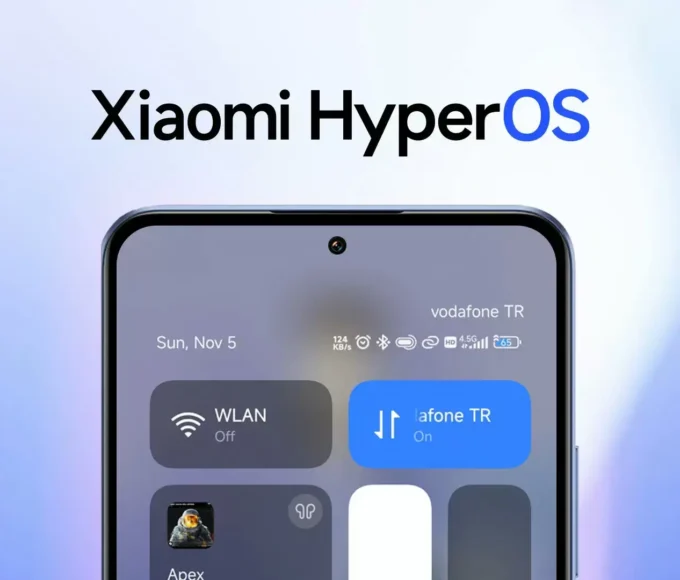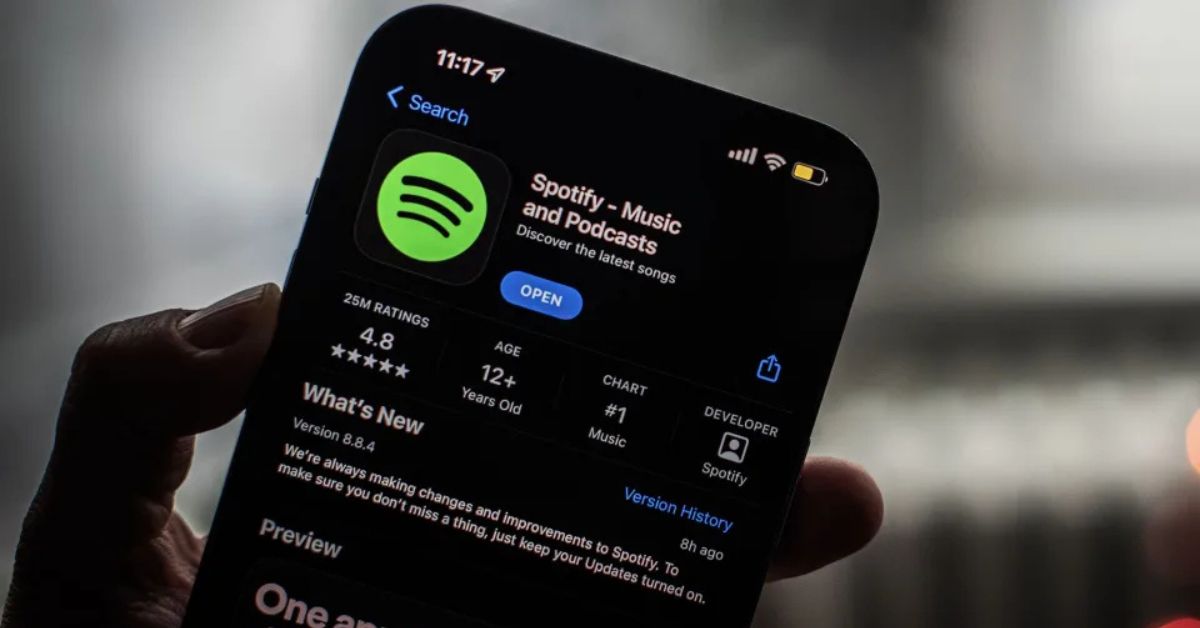Google has introduced photo scanning technology on Android phones, and the move has stirred up significant controversy.
This new feature is part of the Google Messages app, where AI now scans photos for sensitive content like nude images, blurring them and warning users about the potential harm of explicit imagery. Users are given the option to view or block such content.
Initially, Google had promised that its SafetyCore framework, which enables on-device scanning, would not involve scanning personal data or sending it back to Google. The company reassured users that this scanning would only occur locally on their devices, with no data transmitted to Google.
This was confirmed by Android hardener GrapheneOS, which clarified that the technology does not involve client-side scanning for Google or any other service, thus keeping the data private.
However, the introduction of this AI scanning raises concerns. Privacy advocates argue that even though the scanning happens locally, the technology might pave the way for further surveillance in the future. Some are also wary because the neural network models used in SafetyCore are not open source, which raises questions about transparency and control.
For now, Google has made the feature optional for adults, though it is enabled by default for children. Adults can manage these settings through Google Messages under Protection & Safety.
However, this new development leaves users facing a dilemma: how much AI scanning and monitoring are they willing to accept? The question now is whether such AI-based monitoring will extend to other platforms like Gmail or Google Photos, and whether it will eventually become mandatory.
While AI monitoring may be here to stay, it’s clear that many users will need to weigh the trade-offs between privacy and convenience in the new digital landscape.











Leave a comment